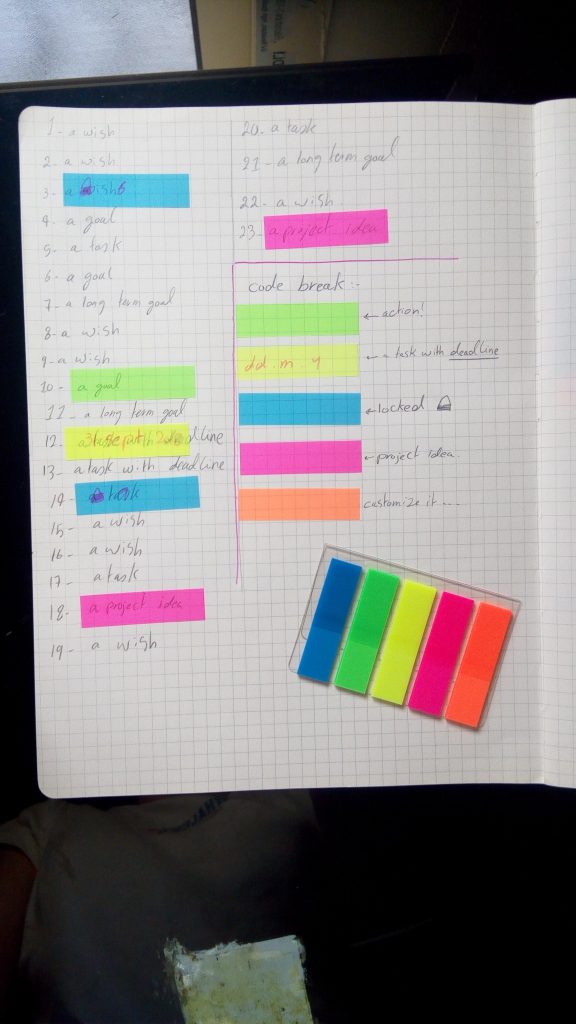
Signs You Are Insecure
1. You're your own worst critic: you only focus on your mistakes!
 image source: reddit.com
image source: reddit.com
Individuals who exhibit excessive self-criticism often have a relentless inner voice that constantly points out their perceived flaws and mistakes. They scrutinize every aspect of themselves, from their appearance to their performance in various areas of life, and tend to focus disproportionately on their shortcomings rather than their strengths.Advertisement
2. You constantly seek approval and validation from others
 image source: reddit.com
image source: reddit.com
You might constantly seek reassurance and affirmation from friends, family, colleagues, or even strangers, craving external validation to feel accepted and valued. This incessant need for validation can stem from underlying insecurities or a lack of self-confidence, driving them to prioritize others' opinions over their own internal sense of worth.Advertisement
3. You overcompensate, for EVERYTHING - it's a need to prove yourself
 image source: reddit.com
image source: reddit.com
Individuals who overcompensate often engage in exaggerated behaviors or achievements in an attempt to prove their worth or competence to others. This may manifest as boasting about accomplishments, flaunting material possessions, or adopting an overly confident demeanor to mask underlying insecurities. They may feel a constant pressure to prove themselves in social or professional settings.Advertisement
4. You can't take any sort of criticism, even if it's constructive
image source: reddit.com
You may perceive even constructive feedback as a personal attack on their character or competence, leading them to become argumentative, dismissive, or emotionally reactive in response. This defensive stance can stem from a fear of being judged or rejected, as well as a deep-seated insecurity about their own abilities or worthiness.Advertisement
5. You're a perfectionist: you set impossibly high standards for yourself
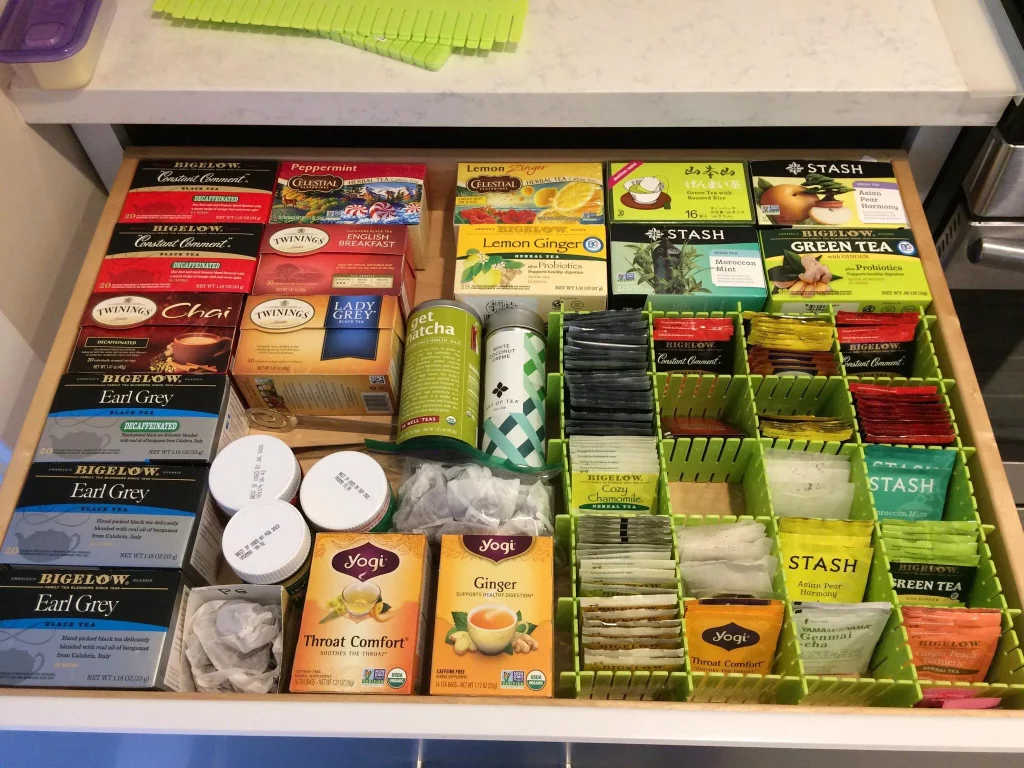 image source: reddit.com
image source: reddit.com
Individuals who struggle with perfectionism set impossibly high standards for themselves in various areas of life, whether it be work, relationships, academics, or personal goals. They often equate their self-worth with their ability to achieve flawless results, leading to relentless striving for perfection and a pervasive fear of failure.Advertisement
6. Your ultimate fear? Rejection
 image source: reddit.com
image source: reddit.com
If you struggle with a fear of rejection, you might often go to great lengths to avoid situations where you might face criticism, disapproval, or rejection from others. This fear can be deeply ingrained and may stem from past experiences of rejection or abandonment, leading you to anticipate rejection even in new or unrelated situations.Advertisement
7. You never stop comparing yourself to others - and you never come out on top
image source: reddit.com
Whether it's comparing their appearance, achievements, relationships, or social status, insecure people constantly measure their own worth against the perceived successes or advantages of others. This comparison mindset can lead to feelings of inadequacy, envy, and self-criticism, as they constantly find themselves falling short in comparison to others.Advertisement
8. You feel threatened or jealous of other people's success
 image source: reddit.com
image source: reddit.com
Individuals who experience jealousy often struggle with feelings of resentment, insecurity, and inadequacy in response to the success or achievements of others. They may perceive others' accomplishments as a threat to their own sense of self-worth or happiness, leading to feelings of envy or competitiveness.Advertisement
9. You have zero confidence in your own abilities or decisions
 image source: reddit.com
image source: reddit.com
This lack of confidence can be debilitating for insecure people, as it undermines their ability to pursue their goals, assert their needs, or advocate for themselves effectively. Building confidence requires challenging self-limiting beliefs, setting achievable goals, and embracing failures or setbacks as opportunities for growth rather than evidence of inadequacy.Advertisement
10. You brush off compliments - why would anyone be complimenting you?
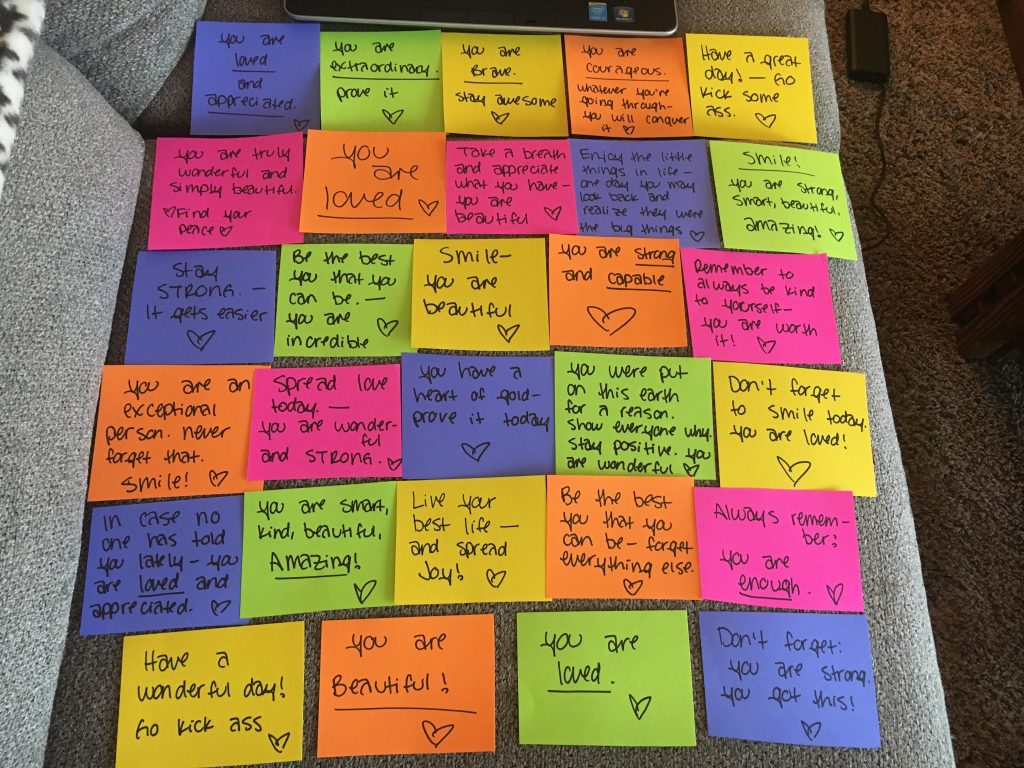 image source: reddit.com
image source: reddit.com
Individuals who struggle with accepting compliments often have difficulty acknowledging their own worth or accomplishments. Instead of internalizing positive feedback or praise, they may deflect compliments, downplay their achievements, or attribute their success to external factors. This difficulty in accepting compliments can stem from underlying insecurities.Advertisement
11. You need to control everything to feel any sense of security
 image source: reddit.com
image source: reddit.com
Individuals who exhibit a need for control often seek to micromanage or dictate situations and relationships as a means of managing their own insecurities or anxieties. They may fear uncertainty, change, or unpredictability, leading them to exert control over their environment, others, or themselves in an attempt to maintain a sense of order or security.Advertisement
12. You apologise for EVERYTHING - even if someone walks into you!
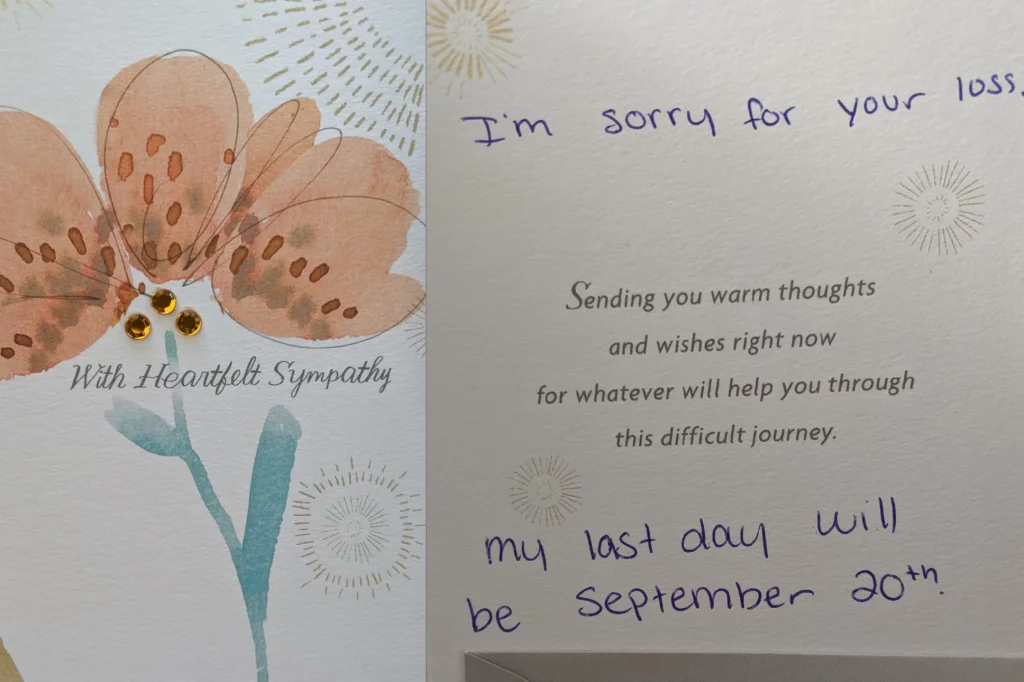 image source: reddit.com
image source: reddit.com
Individuals who engage in excessive apologizing often struggle with feelings of guilt or inadequacy, leading them to apologize profusely for even minor inconveniences or perceived mistakes. This habitual pattern of apologizing may stem from a deep-seated fear of rejection or conflict, as they seek to avoid disapproval or criticism from others by preemptively taking responsibility for any perceived wrongdoing.Advertisement
13. You never seek new challenges or experiences because you already think you'll fail
 image source: reddit.com
image source: reddit.com
Individuals who consistently avoid challenges or new experiences often do so out of fear of failure, rejection, or discomfort. They may prefer to stay within their comfort zone, sticking to familiar routines or environments where they feel safe and in control. However, this avoidance behavior can hinder personal growth and development, as it limits opportunities for learning, exploration, and self-discovery.Advertisement
14. You're overly sensitive - something small can push you to tears
 image source: reddit.com
image source: reddit.com
Individuals who are overly sensitive to criticism or rejection may react with intense emotional distress or defensiveness in response to perceived slights or negative feedback from others. They may internalize criticism as a reflection of their own inadequacies or unworthiness, leading to feelings of shame, insecurity, or self-doubt.Advertisement
15. You have Imposter Syndrome - you think you're a fraud
image source: reddit.com
Those who frequently doubt themselves and their abilities may struggle to trust in their own judgment, decisions, or capabilities. This pervasive self-doubt can undermine their confidence and motivation, leading to indecision, procrastination, or avoidance of challenges. They may constantly second-guess themselves.Advertisement
16. You're an attention seeker - because you need that validation!
 image source: reddit.com
image source: reddit.com
Do you engage in attention-seeking behaviors? You might often crave validation, approval, or reassurance from others to bolster your self-esteem and sense of worth. You may resort to dramatic or exaggerated actions, such as seeking constant praise or validation on social media, dominating conversations, or fabricating stories to garner attention and sympathy from others.Advertisement
17. If there was ever the world's biggest people-pleaser... it's you
 image source: reddit.com
image source: reddit.com
This people-pleasing tendency may stem from a fear of rejection, abandonment, or disapproval, as individuals may believe that their worth is contingent upon meeting the expectations or demands of others. However, this habitual pattern of people-pleasing can be detrimental to their own mental and emotional health, leading to feelings of resentment, exhaustion, or burnout.Advertisement
18. You avoid making decisions altogether because you're too busy second-guessing yourself
 image source: reddit.com
image source: reddit.com
People constantly second-guessing themselves erodes their confidence and self-trust, reinforcing the belief that they are incapable of making good decisions independently. Overcoming this challenge requires cultivating self-trust, embracing imperfection, and reframing decisions as learning opportunities rather than tests of competence.Advertisement
19. You withdraw from any and all social situations
 image source: reddit.com
image source: reddit.com
This social withdrawal can be isolating and debilitating, as it limits opportunities for connection, support, and personal growth. Moreover, social withdrawal can perpetuate feelings of loneliness, depression, or low self-esteem, as individuals may struggle to form and maintain meaningful relationships with others.Advertisement
20. You run away from conflict or any sort of confrontation
image source: reddit.com
Insecure people who struggle to handle conflict may react with avoidance, defensiveness, or emotional reactivity in response to disagreements or confrontations. This inability to effectively navigate conflict can strain relationships and hinder effective communication and problem-solving because you keep running away from everything.Advertisement
21. You have an excessive dependence on others
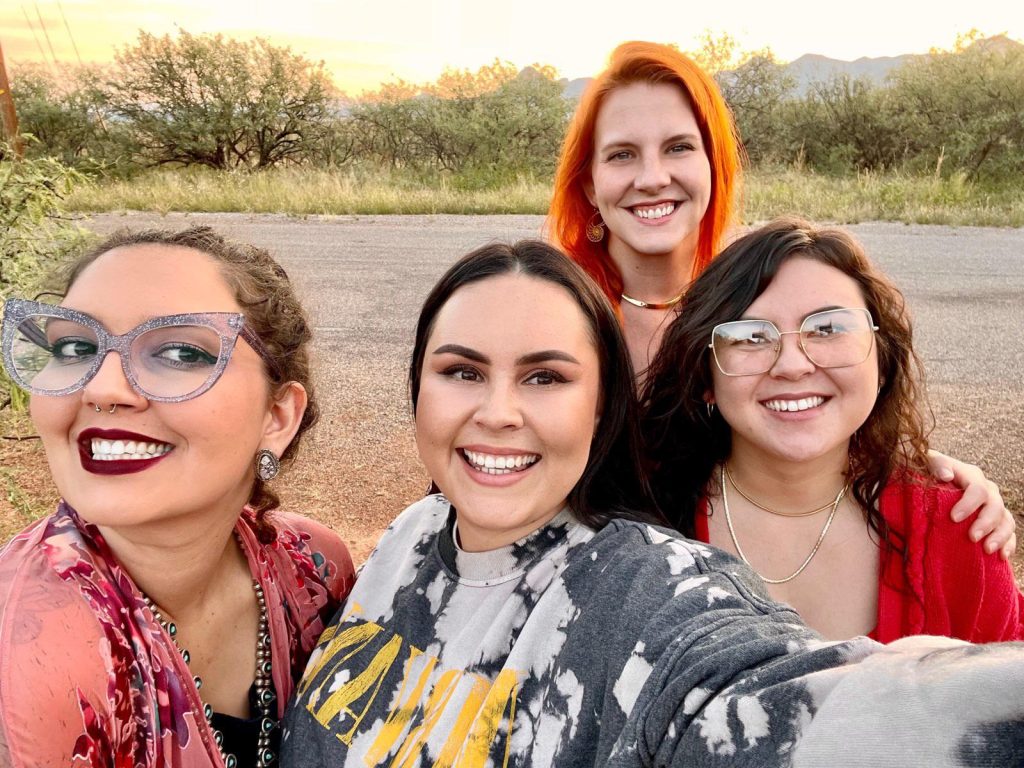 image source: reddit.com
image source: reddit.com
Dependency can strain relationships, as others may feel burdened or overwhelmed by the constant demands for attention and reassurance. However, the need for dependency may stem from underlying insecurities or a lack of self-confidence, as individuals may struggle to trust in their own judgment or abilities withoxfut external validation.Advertisement
22. You never stop exaggerating things you've done or can do, to make yourself look better
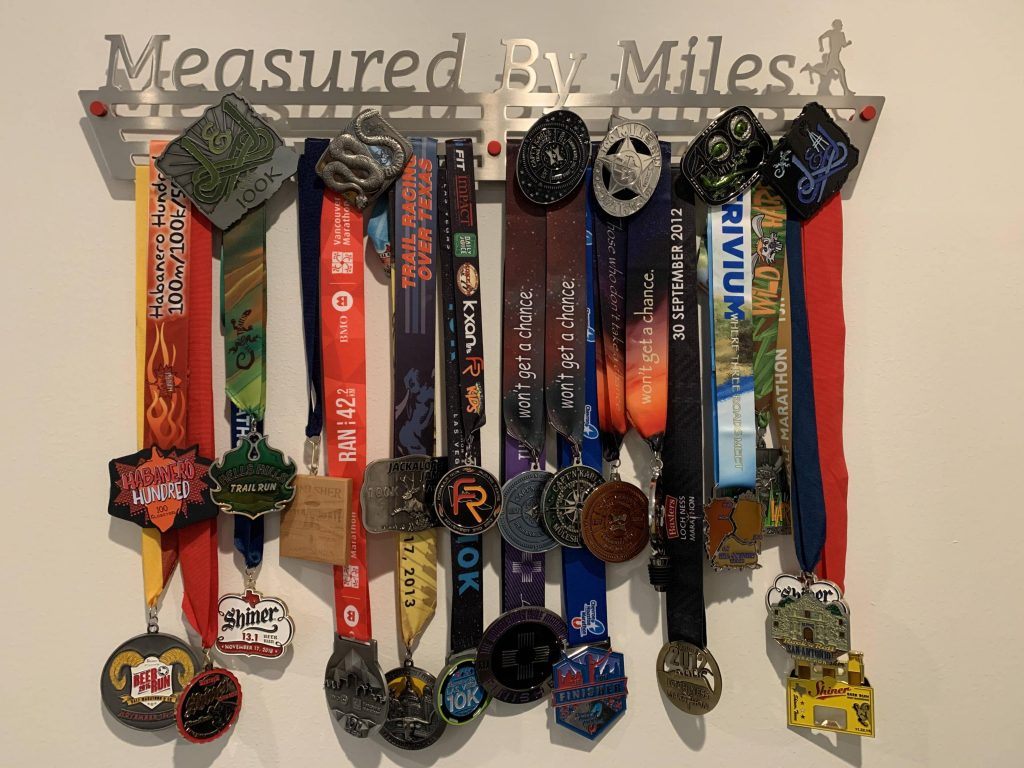 image source: reddit.com
image source: reddit.com
Individuals who exaggerate their achievements often do so as a means of boosting their self-esteem or seeking validation from others. By embellishing their accomplishments or talents, they hope to garner praise, admiration, or recognition from others, thereby temporarily bolstering their sense of self-worth.Advertisement
23. You'll find the negative in everything: if someone gives you positive feedback, you pick it apart!
image source: reddit.com
This tendency to read into benign remarks or gestures may stem from underlying insecurities or past experiences of rejection or criticism, leading individuals to perceive threats where none exist. However, this habit of overinterpreting feedback can be detrimental, as it perpetuates feelings of defensiveness, mistrust, and insecurity in relationships.Advertisement
24. You over-analyze every interaction: you're still thinking about that one thing someone said 10 years ago
image source: reddit.com
People who overanalyze social interactions often find themselves caught in a cycle of rumination and worry, obsessing over past conversations or interactions and fretting about how they are perceived by others. This tendency to overanalyze may stem from underlying insecurities or a fear of judgment or rejection, leading individuals to constantly second-guess themselves.Advertisement
25. You sabotage your own success or happiness - because you don't think you're worthy of it
 image source: reddit.com
image source: reddit.com
This self-destructive behavior may manifest in various forms, such as procrastination, perfectionism, or undermining opportunities for growth or advancement. However, this pattern of self-sabotage can be detrimental, as it perpetuates feelings of inadequacy, helplessness, and self-doubt, undermining individuals' ability to achieve their goals or fulfill their potential.Advertisement
26. You never stop seeking reassurance from friends, family or even strangers on the street!
image source: reddit.com
This habit of seeking reassurance can be exhausting and unsustainable, as it perpetuates feelings of dependency, insecurity, and inadequacy in relationships. Moreover, constantly seeking reassurance may strain relationships and erode trust, as others may feel burdened or overwhelmed by the constant demands for attention and validation.Advertisement
27. You find it very hard to trust anyone - you think they'll betray you
 image source: reddit.com
image source: reddit.com
Individuals who have difficulty trusting others often struggle to form and maintain meaningful connections due to a deep-seated fear of being hurt or betrayed. This fear may stem from past experiences of betrayal, abandonment, or trauma, leading individuals to become guarded or skeptical in their interactions with others.Advertisement
28. You avoid opening up to anyone or being vulnerable, in case they judge you for it
 image source: reddit.com
image source: reddit.com
People who avoid being vulnerable often do so out of a fear of rejection, judgment, or emotional pain. They may perceive vulnerability as a sign of weakness or inadequacy, believing that expressing their true thoughts or feelings will lead to rejection or ridicule from others. However, this avoidance of vulnerability can be limiting.Advertisement
29. Excessive self-sacrifice: you put your own needs behind everyone, at all times
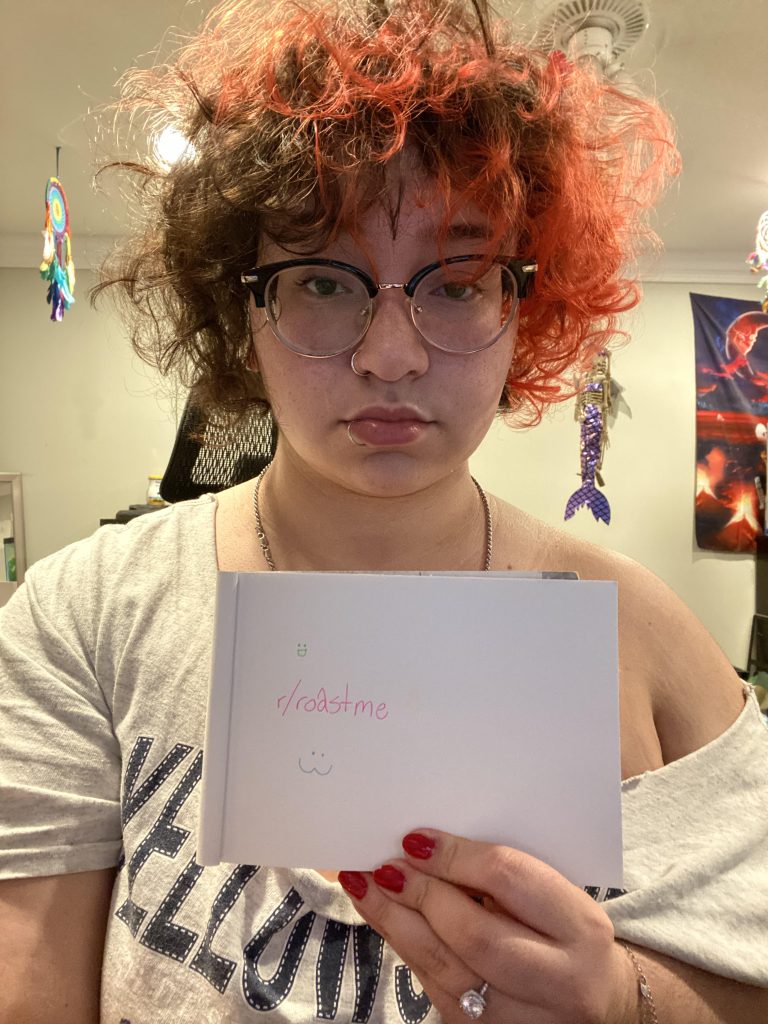 image source: reddit.com
image source: reddit.com
Excessive self-sacrifice involves a continuous pattern of prioritizing the needs and desires of others over your own, often to the detriment of your own well-being. This behavior stems from a deep-seated fear of asserting your own needs or boundaries, often rooted in a desire to seek approval, avoid conflict, or maintain harmony in relationships.Advertisement
30. Here's how you can beat insecurity: it's time to self-reflect (we know it's scary)
 image source: reddit.com
image source: reddit.com
Engaging in self-reflection involves taking dedicated time to introspectively examine your thoughts, feelings, and behaviors in order to gain insight into the root causes of your insecurity. By exploring your inner world with curiosity and openness, you can identify patterns, triggers, and underlying beliefs that contribute to feelings of inadequacy or self-doubt.Advertisement
31. Replace negative thoughts with positive ones
 image source: reddit.com
image source: reddit.com
Challenging negative thoughts involves actively questioning and disputing the validity of self-critical or pessimistic beliefs, and replacing them with more realistic and compassionate alternatives. This cognitive restructuring process allows you to recognize and challenge distorted thinking patterns, such as all-or-nothing thinking, catastrophizing, or personalization, that contribute to feelings of insecurity.Advertisement
32. You need to treat yourself with kindness!
 image source: reddit.com
image source: reddit.com
Building self-compassion involves treating yourself with kindness, understanding, and acceptance, particularly in moments of struggle or self-doubt. Just as you would offer compassion and support to a friend facing challenges, practicing self-compassion allows you to extend the same level of care and empathy to yourself.Advertisement
33. Set realistic and achievable goals - because you are worthy
image source: reddit.com
Setting realistic goals involves establishing achievable objectives for yourself that align with your values, interests, and capabilities. By breaking down larger goals into smaller, manageable steps, you can create a roadmap for success that allows you to make steady progress over time. Setting realistic goals not only provides you with a sense of direction and purpose, but also fosters a greater sense of accomplishment.Advertisement
34. Everyone has weaknesses - but it's time to focus on your strengths!
image source: reddit.com
Focusing on strengths involves acknowledging and appreciating your unique talents, qualities, and achievements, rather than fixating on perceived weaknesses or shortcomings. By identifying and leveraging your strengths, you can cultivate a greater sense of self-confidence, competence, and resilience in the face of challenges.Advertisement
35. Practicing gratitude every day is a helpful tool
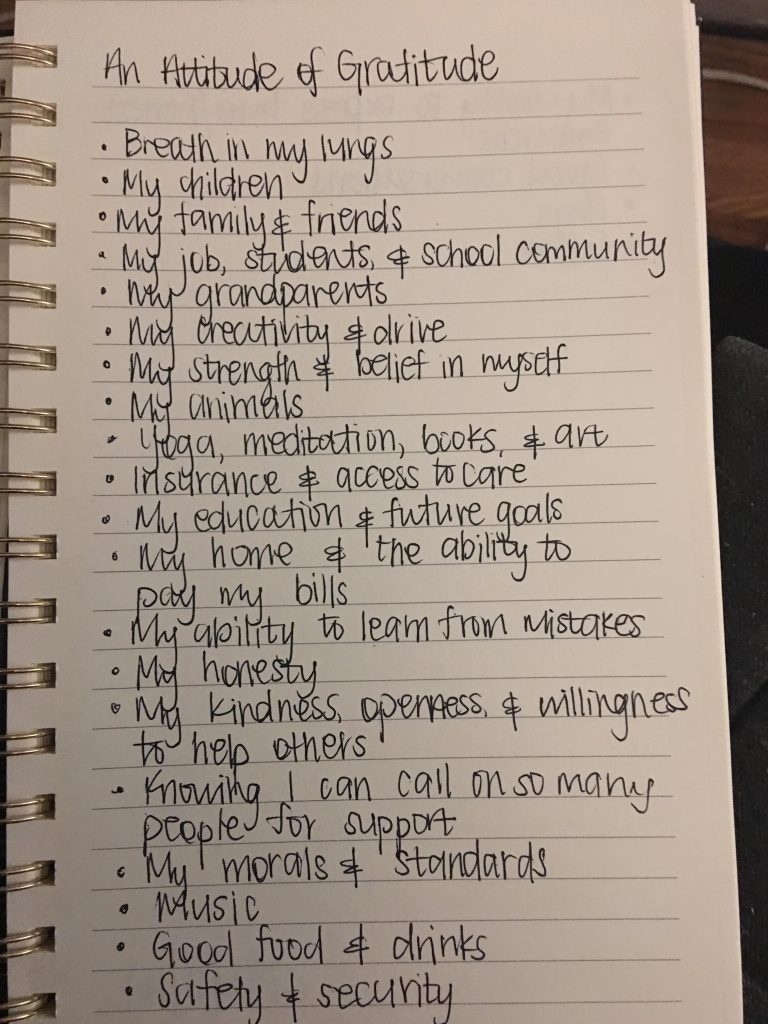 image source: reddit.com
image source: reddit.com
Practicing gratitude involves intentionally cultivating an attitude of appreciation and thankfulness for the positive aspects of your life, no matter how small or seemingly insignificant. By focusing on what you have rather than what you lack, you can shift your perspective towards one of abundance and contentment.Advertisement
36. Reach out for support: whether it's loved ones, or a therapist
 image source: reddit.com
image source: reddit.com
Seeking support involves reaching out to trusted friends, family members, or a therapist for guidance, encouragement, and validation during times of insecurity. By sharing your struggles and vulnerabilities with others, you can gain valuable perspective, empathy, and insight into your experiences, and feel less alone in your journey towards self-acceptance and growth.Advertisement
37. Challenge yourself: step out of your comfort zone
 image source: reddit.com
image source: reddit.com
Challenging yourself involves stepping out of your comfort zone and taking on new experiences or endeavors that push you beyond your perceived limits and expand your capabilities. Whether it's learning a new skill, pursuing a passion project, or facing a fear, embracing challenges allows you to build confidence, resilience, and self-esteem as you overcome obstacles.Advertisement
38. Embrace failure as a lesson, not something to be self-critical about
 image source: reddit.com
image source: reddit.com
Embracing failure as an opportunity for growth involves reframing setbacks and mistakes as valuable learning experiences rather than as reflections of your worth or abilities. By adopting a mindset of curiosity and resilience, you can extract meaningful lessons from failure, identify areas for improvement, and adapt your approach for future success.Advertisement
39. Set aside time for self-care: your physical, emotional and mental wellbeing needs it
 image source: reddit.com
image source: reddit.com
Practicing self-care involves prioritizing activities and practices that nourish and rejuvenate your physical, emotional, and mental well-being. This may include activities such as exercise, meditation, creative expression, or spending time in nature that promote relaxation, stress reduction, and self-reflection.Advertisement
40. Develop coping strategies for your insecurity, like journaling
 image source: reddit.com
image source: reddit.com
Developing coping strategies involves identifying healthy and effective ways to manage feelings of insecurity, anxiety, or stress in your daily life. This may include practices such as mindfulness meditation, deep breathing exercises, journaling, or engaging in creative outlets that promote relaxation, emotional regulation, and self-awareness.Advertisement
41. Set boundaries to protect yourself and stop pleasing others
 image source: reddit.com
image source: reddit.com
Setting boundaries involves establishing clear and healthy limits in your relationships to protect your self-esteem, well-being, and personal values. This may involve communicating your needs, asserting your boundaries, and saying no to requests or behaviors that compromise your integrity or autonomy.Advertisement
42. Stay grounded and focus on the present to avoid overthinking
 image source: reddit.com
image source: reddit.com
Cultivating mindfulness involves intentionally directing your attention to the present moment without judgment or attachment to past regrets or future worries. By practicing mindfulness techniques such as meditation, deep breathing, or mindful movement, you can cultivate a greater sense of awareness, clarity, and presence in your daily life.Advertisement
43. Stop comparing yourself to others: everyone's journey is unique
 image source: reddit.com
image source: reddit.com
Refraining from comparing yourself to others is essential for cultivating self-compassion, self-acceptance, and authentic self-expression. Recognize that everyone's journey is unique, and that comparing yourself to others only serves to undermine your self-esteem and sense of worth. Instead, focus on your own progress, growth, and achievements.Advertisement
44. Celebrate small wins: an accomplishment is still an accomplishment!
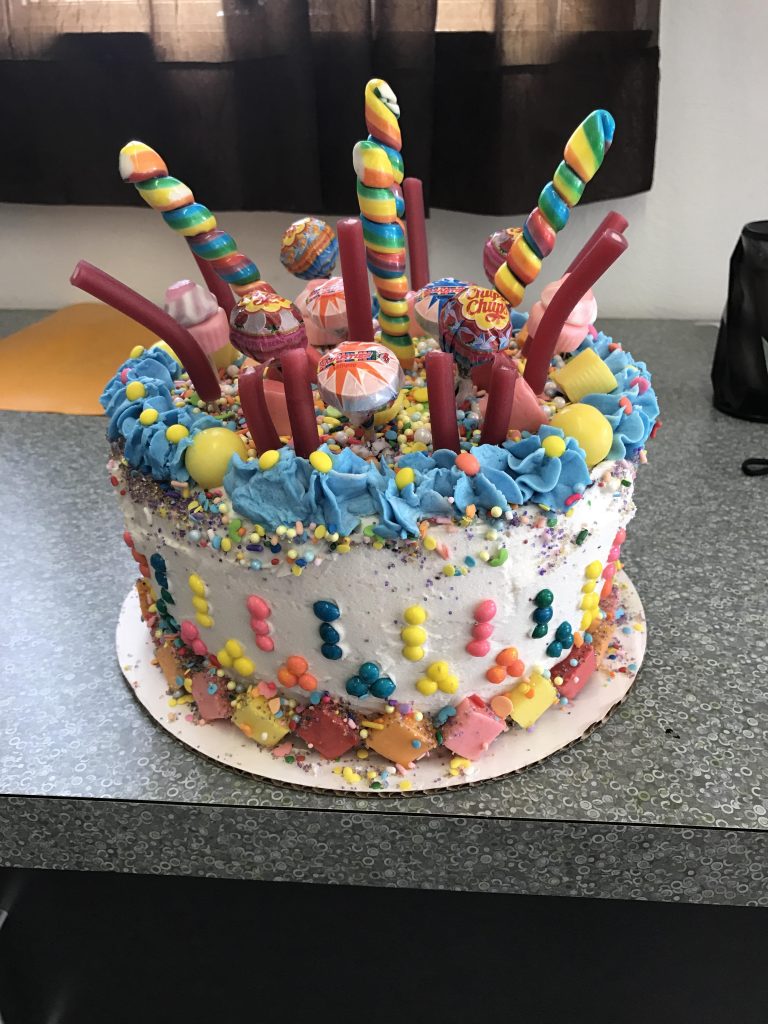 image source: reddit.com
image source: reddit.com
Acknowledging and celebrating your accomplishments, no matter how small they may seem, is crucial for building self-confidence, resilience, and motivation. Whether it's completing a task, reaching a milestone, or overcoming a challenge, take time to pause and reflect on your achievements, and give yourself credit for your efforts and progress.Advertisement
45. Repeat positive affirmations to yourself to build confidence
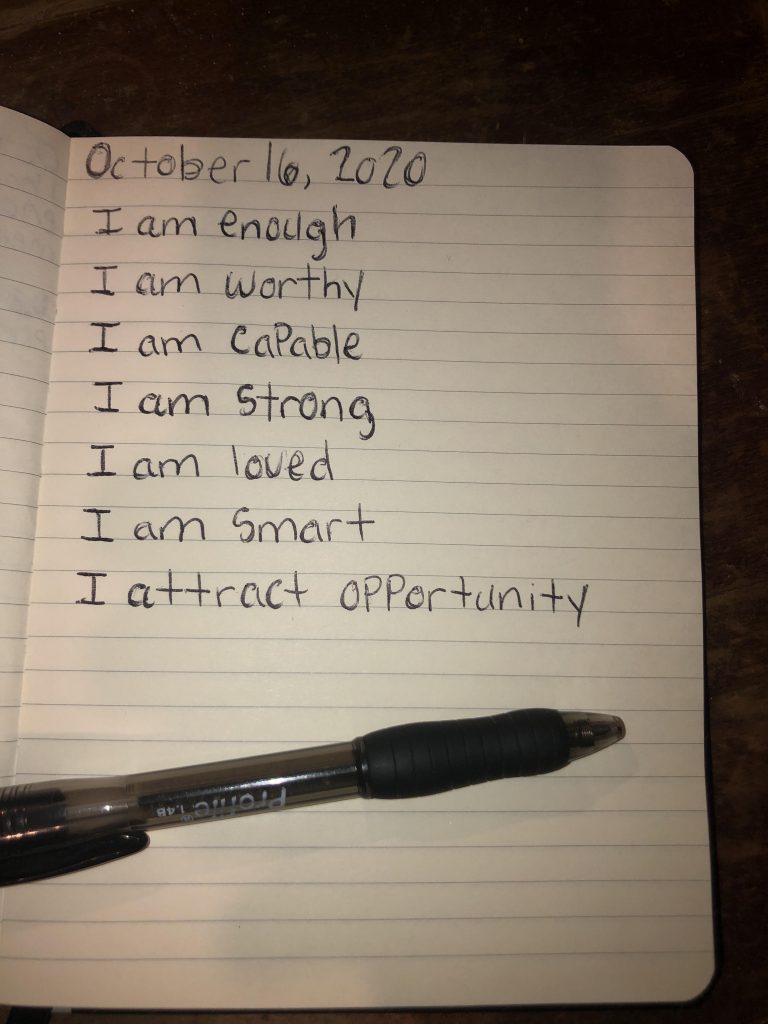 image source: reddit.com
image source: reddit.com
Incorporating positive affirmations into your daily routine is a powerful way to reinforce self-belief, confidence, and resilience. Repeat affirmations such as "I am worthy," "I am capable," and "I am enough" regularly to counteract negative self-talk and cultivate a more positive and empowering mindset.Advertisement
46. Stop seeking validation from others: get it from within
 image source: reddit.com
image source: reddit.com
Learning to validate yourself rather than seeking validation from others is essential for cultivating self-esteem, self-worth, and autonomy. Recognize that your worth is not determined by external validation or approval, but by your own inherent value and uniqueness as a human being. Trust in your own judgment, intuition, and inner wisdom!Advertisement
47. Surround yourself with only positive influences - and not things that bring you down
 image source: reddit.com
image source: reddit.com
Surrounding yourself with supportive and positive influences can have a profound impact on your mindset and well-being. Cultivate relationships with people who uplift and encourage you, and limit exposure to negativity or toxic influences that drain your energy and confidence. Whether it's spending time with supportive friends and family, or seeking out mentors or role models who inspire you.Advertisement
48. Focus on personal growth, not external expectations
 image source: reddit.com
image source: reddit.com
Shifting your focus from seeking external validation to pursuing personal growth and fulfillment is essential for overcoming insecurity and cultivating a deeper sense of self-worth and purpose. Instead of measuring your worth based on external achievements or approval from others, focus on nurturing your inner growth.Advertisement
49. Celebrate what makes you, you!
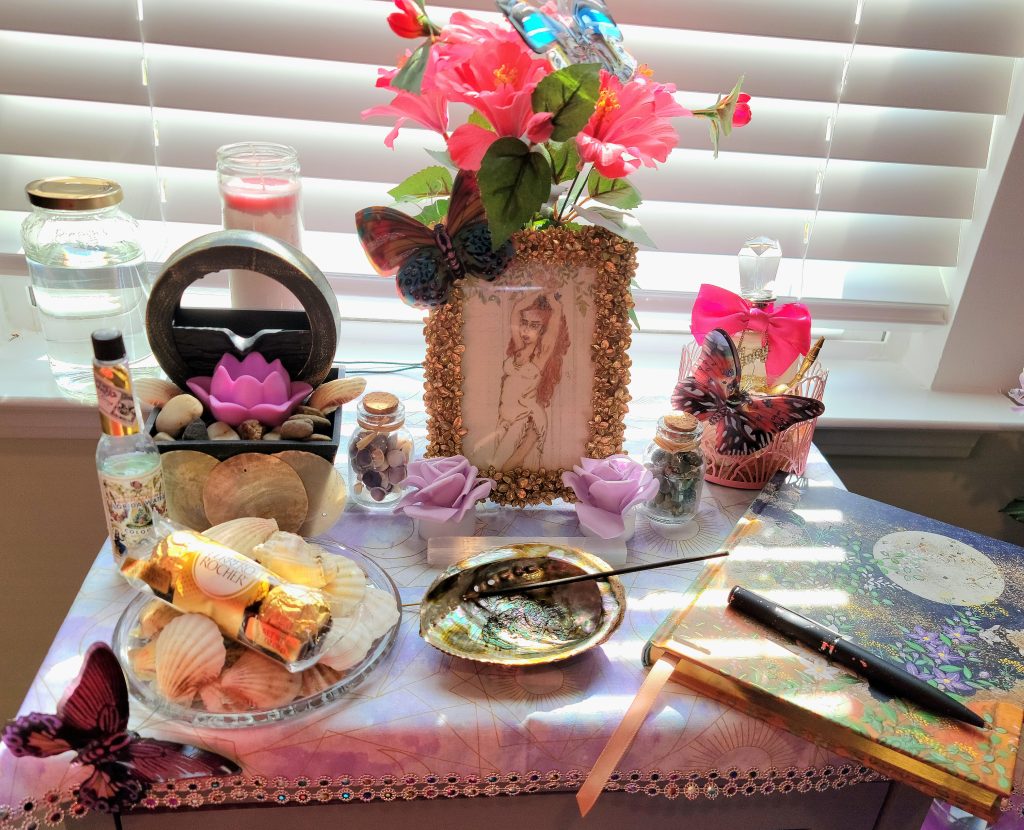 image source: reddit.com
image source: reddit.com
Embrace what makes you unique and special. Instead of comparing yourself to others, focus on your individual strengths, talents, and qualities that set you apart. Recognize that diversity is what makes the world interesting, and your unique characteristics contribute to that tapestry. By celebrating your uniqueness, you can cultivate a stronger sense of self-confidence and self-acceptance.Advertisement
50. Be patient and determined - all of this takes time!
 image source: reddit.com
image source: reddit.com
Overcoming insecurity is a journey that takes time, effort, and patience, and it's important to be kind and compassionate with yourself along the way. Understand that building greater self-confidence and self-acceptance is a gradual process that requires consistent effort and practice, and that setbacks and challenges are a natural part of the journey.Advertisement








